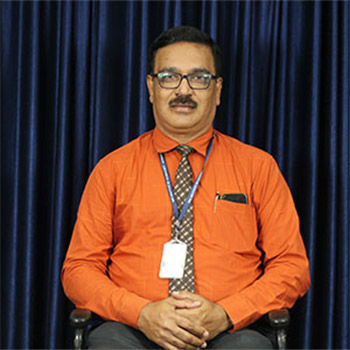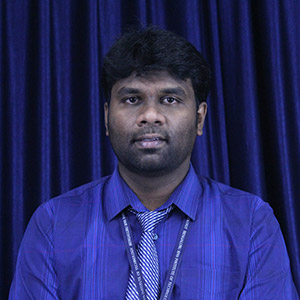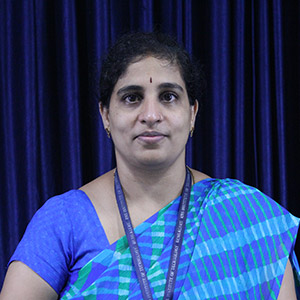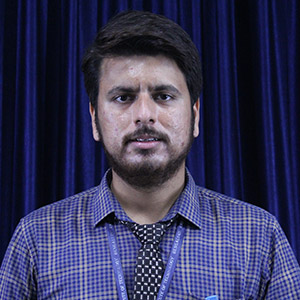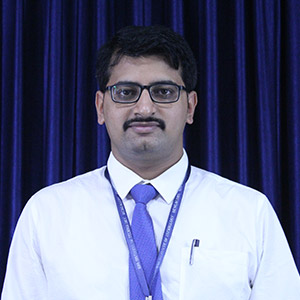

About the Department
The Department of Civil Engineering is proud to offer a Bachelor of Engineering course in Civil Engineering under VTU from 2014-15 with an initial intake of 60 students, under the guidance of the great visionary in Civil Engineering constructions, Dr. R N Shetty.
The Civil Engineering Department of RNS Institute of Technology, Bangalore, aims to be a center of excellence in technical education and innovative applications, providing excellent professionals with integrity, besides being useful to all the stakeholders.
The department aims to be the best-rated department in college and in the university disseminating globally acceptable education, effective industrial consultancy and relevant research output.
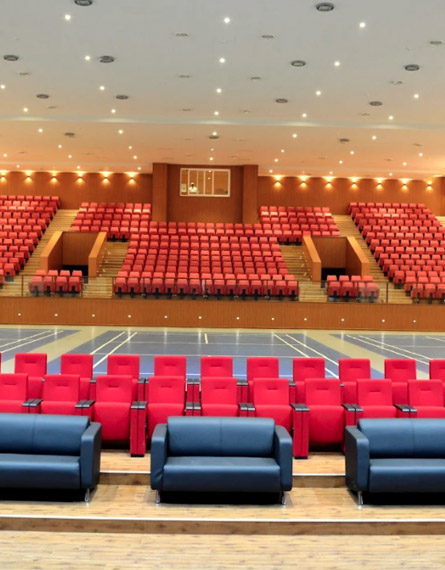
Vision
Shaping Excellent Civil Engineering Professionals with Societal Focus
Mission
- To emphasize understanding of basic Engineering Concepts
- To develop creative ability to analyze and manage industry challenges
- To establish synergy between teaching and research
- Project inception and design: Conceptualize the projects related to different fields of Civil Engineering, collect relevant data by direct and indirect methods, analyze the project requirement and design the project.
- Draft specification: Select suitable/ feasible materials, prepare estimates and costs, schedule of work plans.
- Experimentation: Apply knowledge of different fields of Civil Engineering, conduct experiments, analyze, interpret data, and design the system components.
- Engineering knowledge: Apply the knowledge of mathematics, science, engineering fundamentals and an engineering specialization to the solution of complex engineering problems.
- Problem analysis: Identify, formulate, reviewer search literature and analyze complex engineering problems reaching substantiated conclusions using first principles of mathematics, natural sciences and engineering sciences.
- Design/development of solutions: Design solutions for complex engineering problems and design system components or processes that meet the specified needs with appropriate consideration for the public health and safety and the cultural, societal and environmental considerations.
- Conduct investigations of complex problems: User Research-based knowledge and research methods including design of experiments, analysis and interpretation of data and synthesis of the information to provide valid conclusions.
- Modern tool usage: Create, select and apply appropriate techniques, resources and modern engineering and IT tools including prediction and modeling to complex engineering activities with an understanding of the limitations.
- The engineer and society: Apply reasoning informed by the contextual knowledge to assess societal, health, safety, legal and cultural issues and the consequent responsibilities relevant to the professional engineering practice.
- Environment and sustainability: Understand the impact of the professional engineering solutions in societal and environmental contexts and demonstrate the knowledge of and need for sustainable development.
- Ethics: Apply ethical principles and commit to professional ethics and responsibilities and norms of the engineering practice.
- Individual and teamwork: Function effectively as an individual and as a member or leader in diverse teams and in multidisciplinary settings.
- Communication: Communicate effectively on complex engineering activities with the engineering community and with society at large such as being able to comprehend and write effective reports and design documentation, make effective presentations and give and receive clear instructions.
- Project management and finance: Demonstrate knowledge and understanding of the engineering and management principles and apply these tone’s own work as a member and leader in a team to manage projects and in multidisciplinary environments.
- Life-long learning: Recognize the need for and have the preparation and ability to engage in independent and life-long learning in the broadest context of technological change.
- Technical adeptness: The Civil Engineering Graduates will be technically adept to specific fields and other disciplines. like Physics, Mathematics and Management towards Planning, Design, and Costing. Their technical skills and knowledge will enable them to perform their work with a commitment and quality, timeliness with continuous improvement.
- Interpersonal Skills: Civil Engineering Graduates will exhibit effective interpersonal skills in teams and at work place.
- Awareness of Social impact: Graduates will be made aware of causes of impacts due to the development and also to identify remedial measures if necessary.
- Professionalism: Understanding of professionalism, ethics, quality performance, sustainability and allow them to be professional leaders and contributors to society through their problem-solving capabilities and executing the work.
- Continuous Learning: Civil Engineering Graduates will exhibit interest in lifelong learning including studies leading to professional licensure or higher studies in engineering that provides for continued development of their technical ability and management skills.
HOD's Message
Our Latest Events
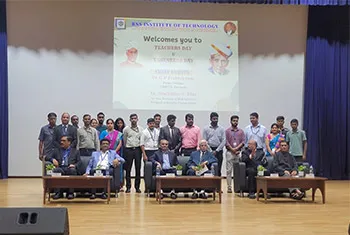
Teachers day and Engineers celebrations
Teachers Day celebrations and engineers celebration for entire college coordinated by civil engineering department on
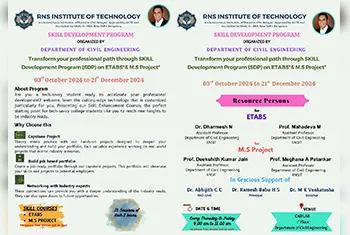
“transform your professional path through skill development program on ETABS &M.S Project”
For 7th-semester civil students, conducting ETAB and MS Project involves planning, scheduling, and resource management. Emphasizing collaboration and risk analysis will enhance project efficiency and deliverables. Understanding tools and workflows is crucial for successful project execution.
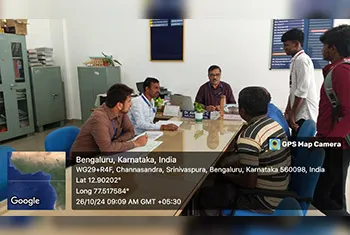
Parents teachers meeting for 3rd semester students
For the Parents-Teachers Meeting regarding 3rd-semester civil engineering students, focus on communication and collaboration to discuss progress and performance. Share curriculum updates, attendance records, and set goals. Encourage feedback and involvement, address challenges, and outline strategies for student development. Highlight achievements and emphasize the importance of partnership for their success.
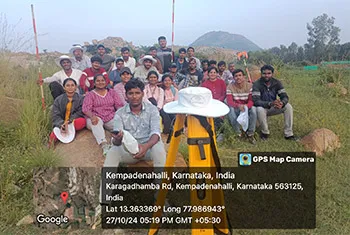
Survey camp for 5th semester students
the survey camp for 5th-semester students is crucial for hands-on learning, enhancing skills in land surveying, data collection, teamwork, and practical application. Students will engage in real-world projects, fostering critical thinking and problem-solving abilities while applying theoretical knowledge in a collaborative environment.
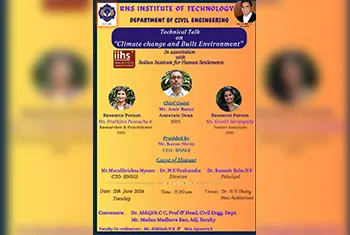
Technical talk on “climate change and built environment”
A technical talk on climate change and the built environment will explore the impacts of climate change on infrastructure, sustainable design practices, and adaptive strategies. It aims to equip civil engineering students with knowledge on innovative solutions, resilience planning, and the importance of sustainability in future construction projects.
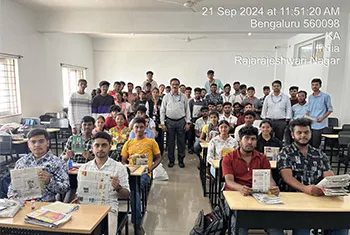
SCR activity by 3rd semester students “No plastic, prepare paper Bagas and distributing to all shops”
The SCR activity by 3rd-semester students, "No Plastic," involves preparing paper bags and distributing them to local shops. This initiative promotes environmental awareness, encourages sustainable practices, and aims to reduce plastic waste in the community. Engaging in this project fosters responsibility and creativity among students while benefiting the environment.
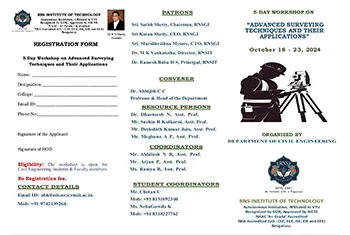
Advance surveying techniques and their applications
Advanced surveying techniques, including total station usage, enhance precision in data collection, enable efficient mapping, and support complex construction projects for 5th-semester students.
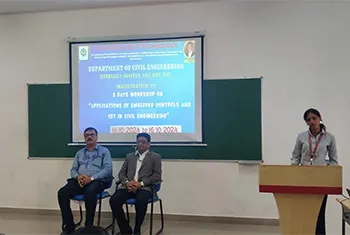
workshop on “applications of embedded controls and IOT in civil engineering” for 3rd semester students
oT revolutionizes civil engineering by enabling real-time data collection and analysis from structures and infrastructure. This leads to enhanced safety through predictive maintenance, identifying potential issues before they escalate. IoT optimizes resource allocation, reduces operational costs, and improves decision-making processes. Additionally, it enables remote monitoring of critical infrastructure, ensuring its optimal performance and resilience. IoT also plays a crucial role in smart city development, facilitating efficient urban planning and management. By connecting physical assets with digital technologies, IoT empowers civil engineers to build smarter, safer, and more sustainable infrastructure.
Achievements of The Department
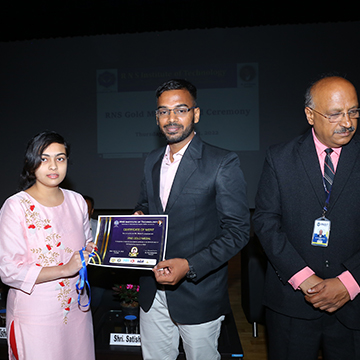
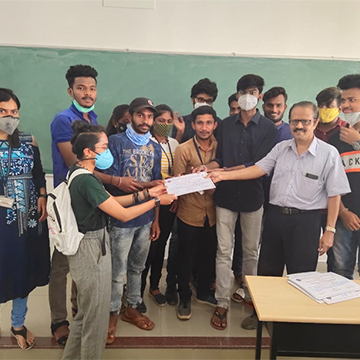
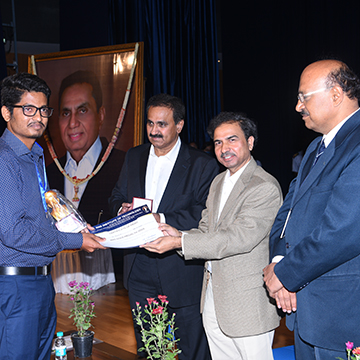

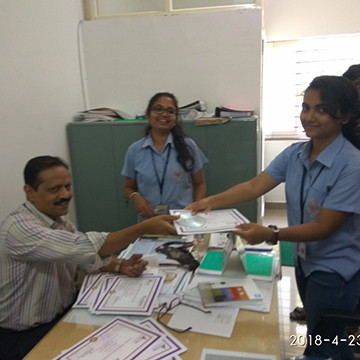
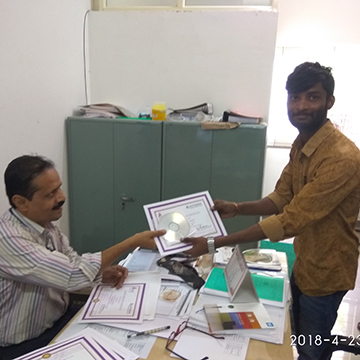
Placement Statistics



Gallery
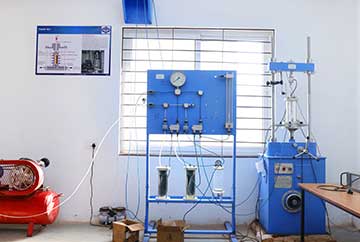
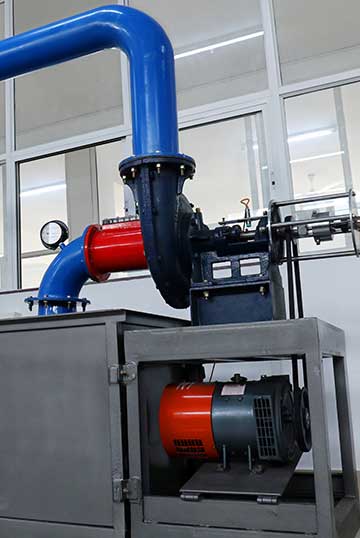
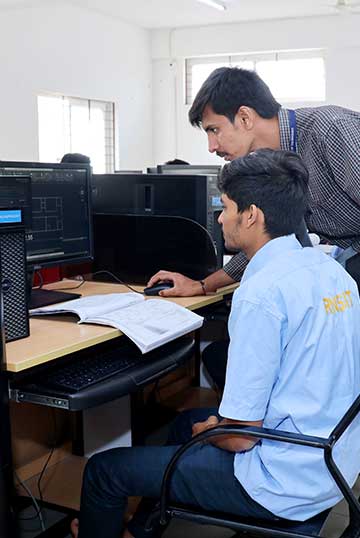
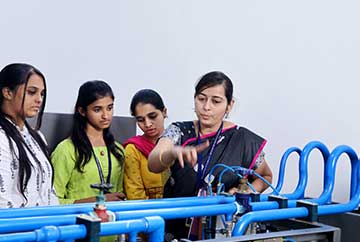
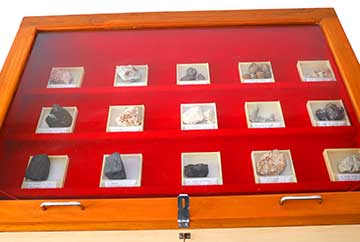
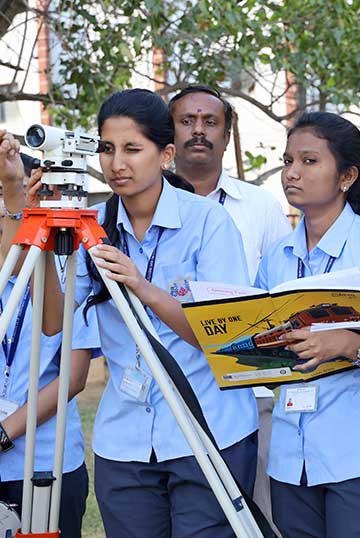
Lush Green Campus with Top Placement Opportunities
Teaching Staff
Student Testimonials
Get In Touch
-
 principal@rnsit.ac.in
principal@rnsit.ac.in
-
 080 28611880/
1/
2,
+91 90359 60355
080 28611880/
1/
2,
+91 90359 60355
-
 RNS Institute of Technology,
RNS Institute of Technology,
Dr. Vishnuvardhan Road
R R Nagar Post
Channasandra
Bengaluru -560 098
Send A Message

